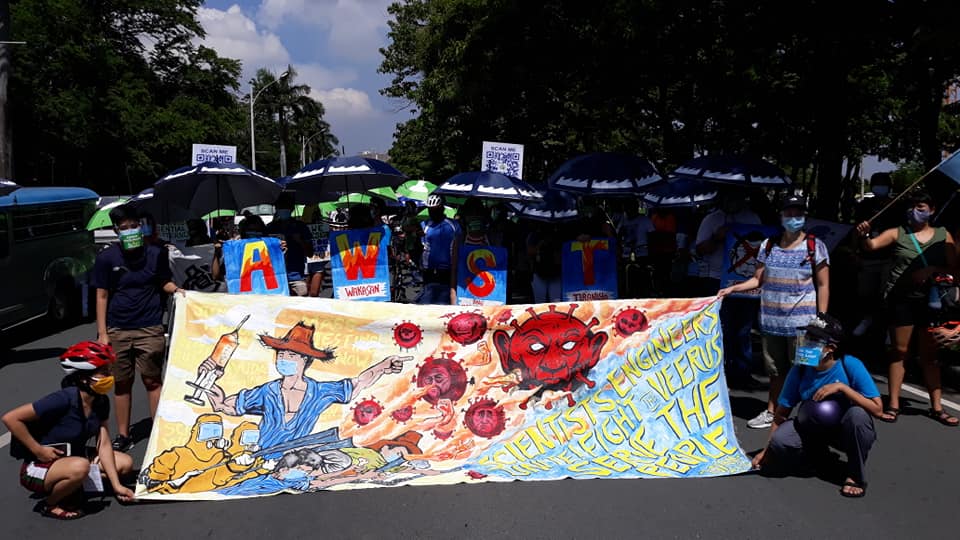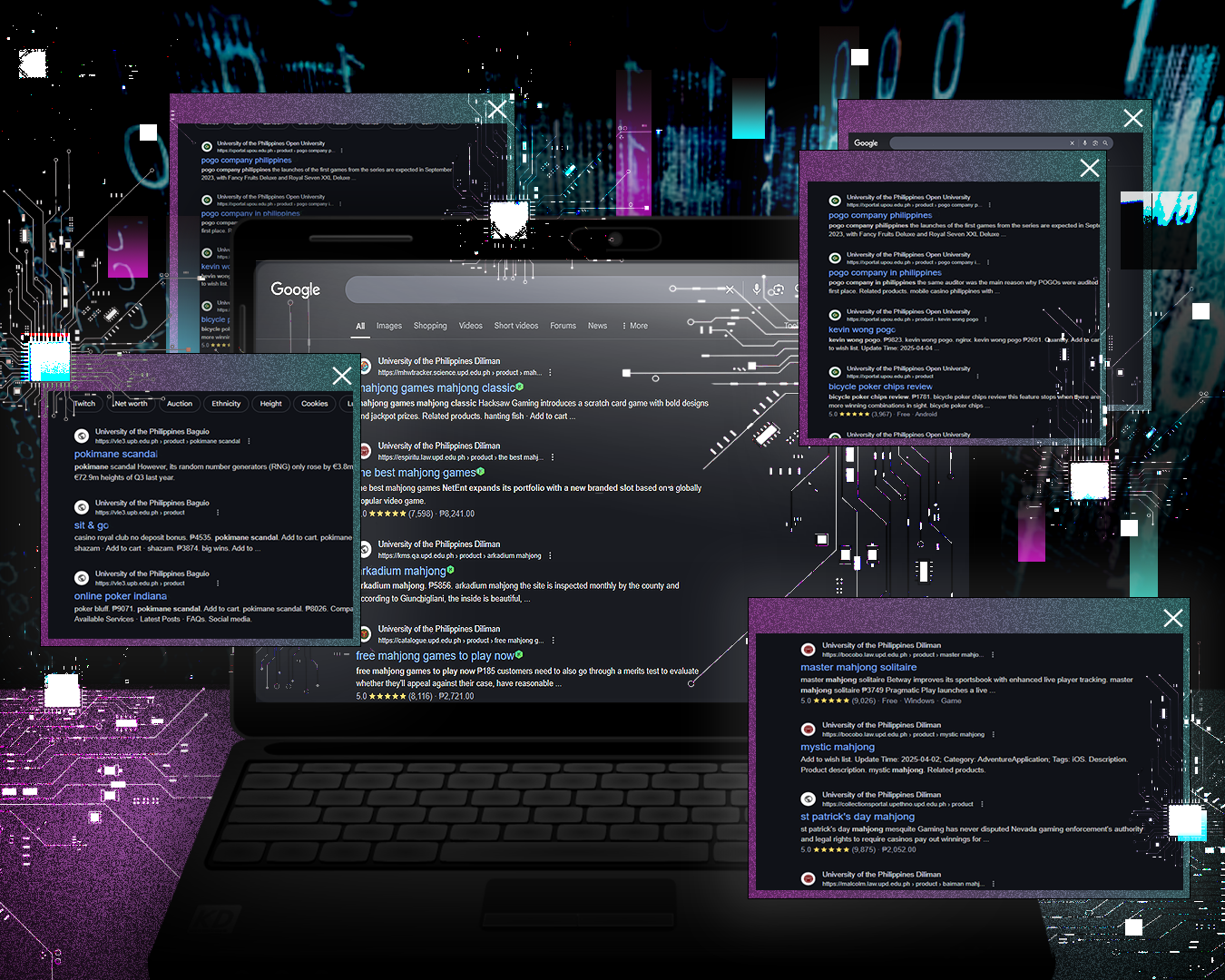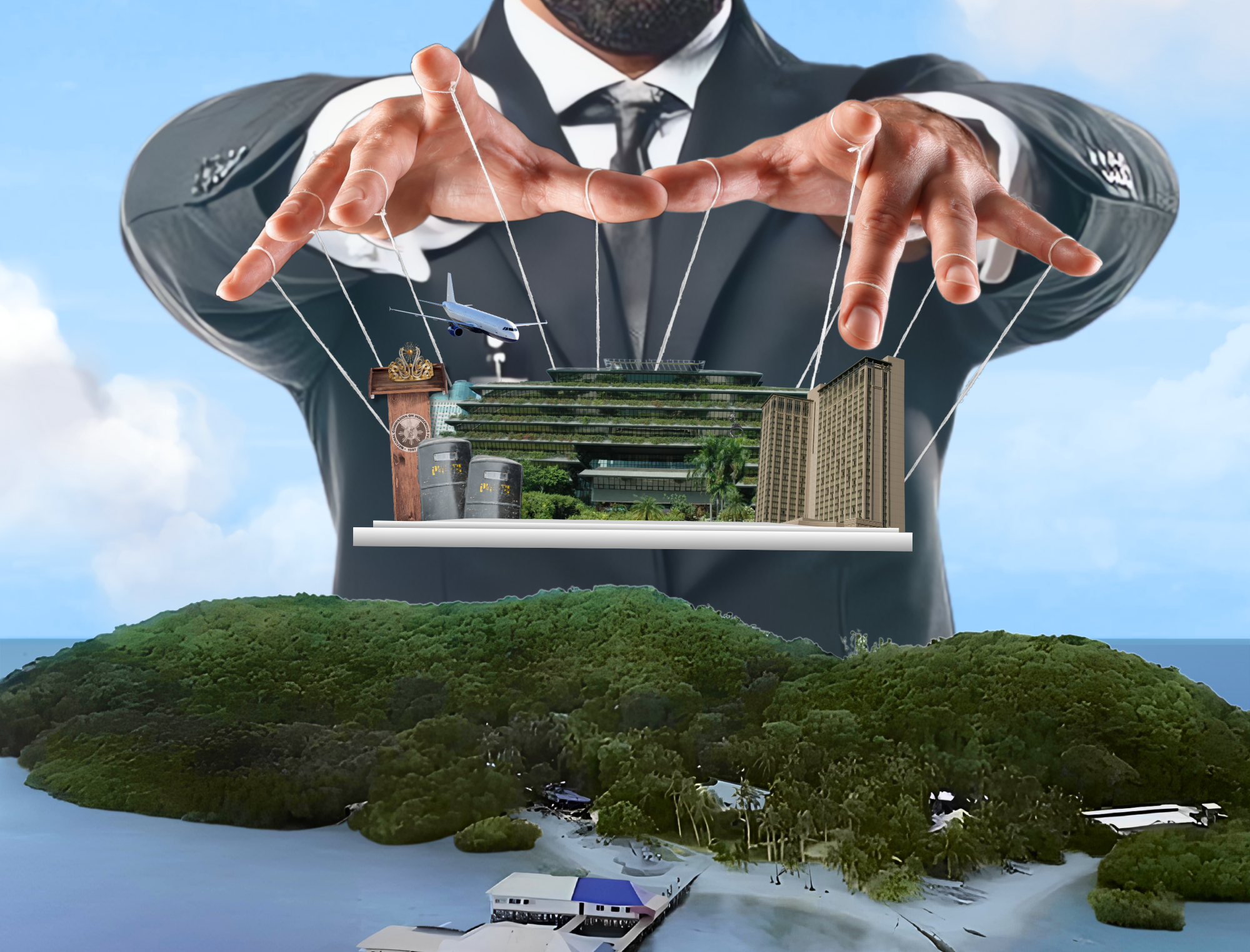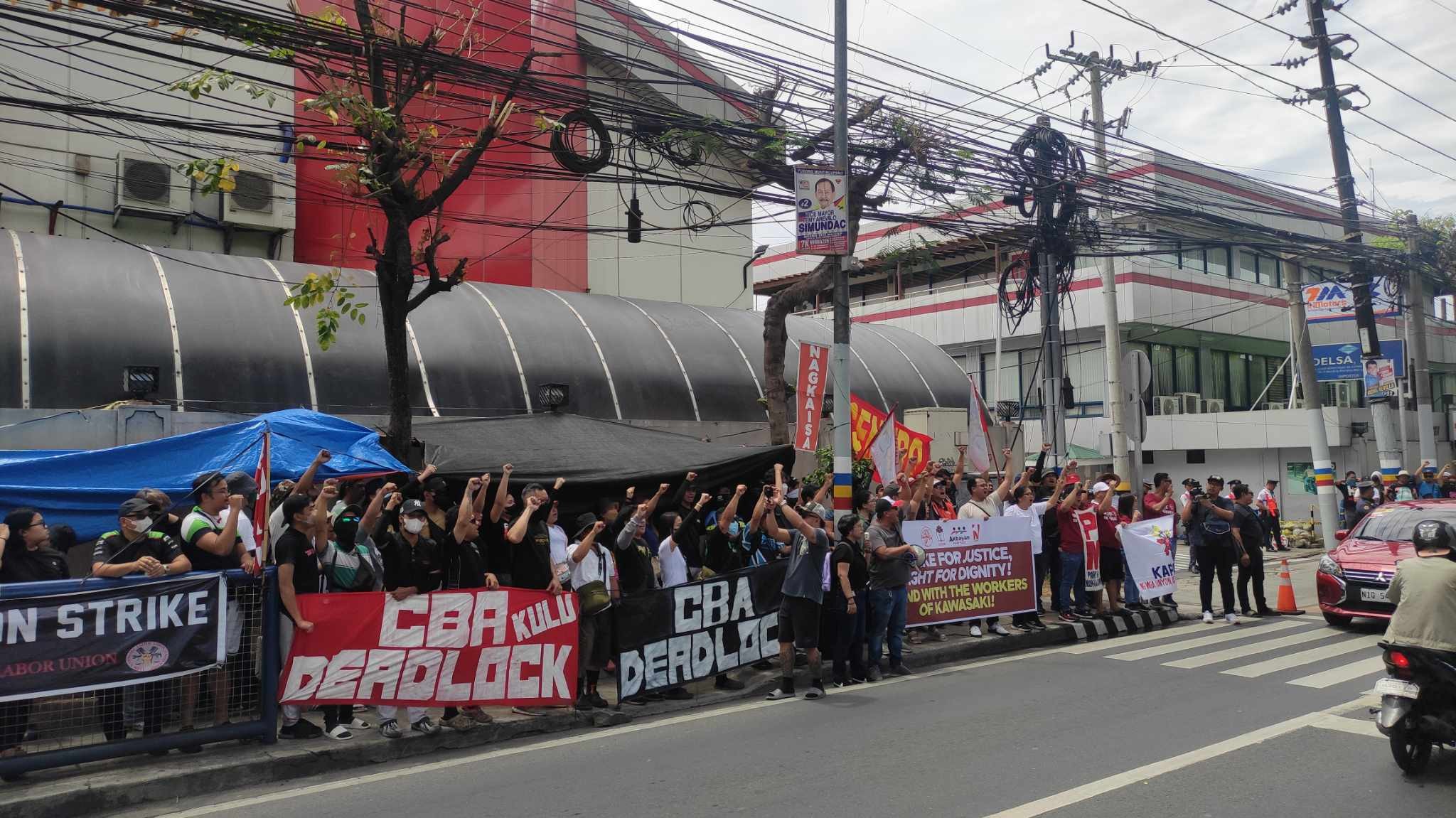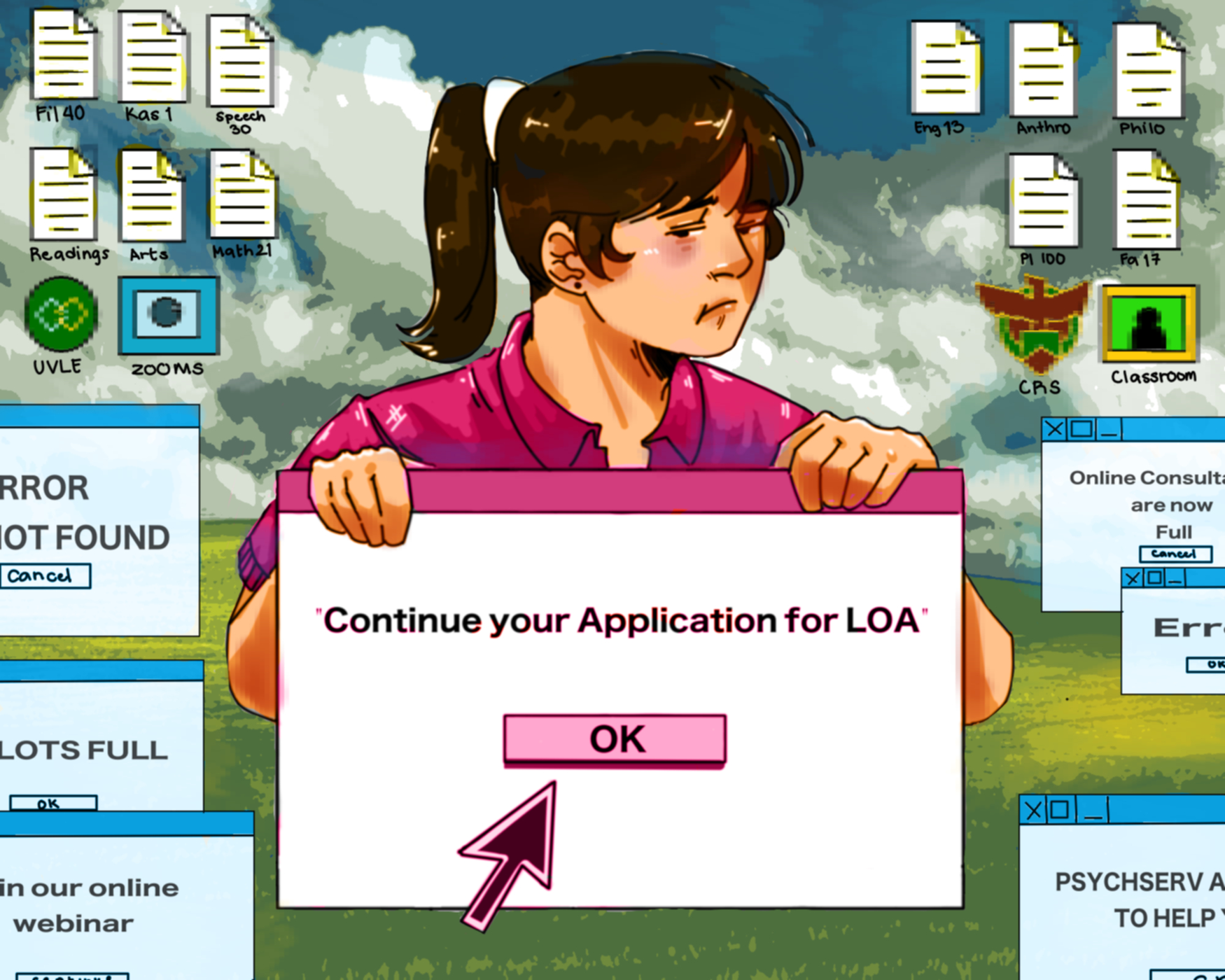Science has never been more crucial to society than in a global health crisis. Scientists all over the world have worked hand in hand to come up with vaccines and guidelines to combat the virus, and governments have been supporting them to fulfill their responsibilities—but not in the Philippines.
For the Advocates for Science and Technology for the People or AGHAM, Duterte’s pandemic response is nothing short of a disaster. Not once did he listen to science, said Feny Cosico, Secretary General of AGHAM.
Instead of going about the pandemic response heeding the advice of health experts, Duterte used the opportunity to implement militaristic lockdowns without concrete plans for mass testing, contact tracing, and vaccination.
When health workers asked for a timeout during the COVID-19 surge, Duterte’s response was to dare them to start an uprising instead. His administration has not prioritized science workers at all, yet he has the audacity to command them to “work double the time.”
But more than a health crisis, the pandemic has cast a spotlight on the grave ills of society. “Ang usapin ng COVID ay hindi lamang siya usapin ng kalusugan. Nag-transcend ito sa food security kasi hindi na-prioritize yung agriculture sector,” said Cosico, explaining how the lockdown has prohibited farmers from selling their produce to markets. “The plight of science workers is never divorced from that of the masses,” she added.
From the start of Duterte’s term, AGHAM stood with the different sectors to call for peace talks and the institution of the Comprehensive Agreement on Social and Economic Reforms (CASER), which provides the framework for the development of national industries, respect to workers’ rights, and the promotion of Filipino science and technology for the people.
Cosico was hopeful during Duterte’s first year because of the implementation of peace talks, but disappointment was inevitable. After a year, the peace talks and the negotiations on CASER stopped, and the administration has since been lacking in support for scientists.
In his next years, while Duterte signed Philippine Space Act into law, and implemented the Balik Scientist Program—which entices Filipino scientists abroad, through monetary and insurance incentives, to return to the country—they are the exceptions.
“Imbis na palakasin natin yung Balik Scientist Law, bakit hindi na lang mag-encourage yung government na gumawa ng programa dito sa bansa natin kasi sa totoo lang, maraming pwedeng gawin,” Cosico commented. She underscored how funding is not what the scientists need alone. The government must have plans and programs to support the work of scientists, and these include utilizing and enriching the country’s own resources.
The state funding for scientific programs is also sorely deficient. The budget cuts on state universities have likewise limited the research undertakings of scientists. In UP Diliman, the science workers are hired mostly only on contractual and research-based items. The stipends of new graduate scholars of the Department of Science and Technology’s accelerated science and technology human resource development program have been delayed for an entire semester last year.
Meanwhile, the Philippines is also far from being self-sufficient in terms of technology and supplies as the government has been exploiting the country's natural resources.
“Hindi talaga mapaghihiwalay ang usapin ng politikal at ekonomiya doon sa usapin ng mga ginagawa ng mga scientists,” Cosico lamented. “Nalilimita ang ating mga scientists na mag-provide pa ang kanilang mga kagalingan, na mag-contribute doon sa development ng ating bansa.”
Take the issue of the West Philippine Sea (WPS), for example. Environmental groups have been urging the government to fight for our seas against China’s incursion. Instead, Duterte has been nothing but afraid to confront China over its harassment of Filipino fisherfolk and exploitation of resources within the country’s Exclusive Economic Zone. The WPS is a source of income for about 600,000 Filipino fishers and surrendering it is to rob them of their livelihood and, by extension, to threaten the country’s economy and food security.
Aside from that, the dumping of dolomite on Manila Bay has been a large environmental and scientific concern because not only does it harm the environment, it serves no other purpose than for temporary aesthetic purposes whose budget could have instead been allocated to the victims of the pandemic. These are only two of the instances where the government blatantly disregarded science.
The many mining plunders have profoundly concerned scientists, too, as this also translates into the destruction of important resources like water and land, leading to a crisis in food. In fact, AGHAM is once again wary as the financial and technical assessment agreement of OceanaGold, a multinational mining company in Nueva Vizcaya, has been approved for 2021.
In its environmental investigation mission in 2014, AGHAM found out how OceanaGold had transformed Didipio, the village where the mine is principally located, from a land rich in citrus crops into a barren one. For this investigation, Cosico herself, along with 27 individuals and other organizations, were red-tagged in 2018.
“Kung sino pa yung nanatiling scientists dito, sila pa yung nare-red tag,” lamented Cosico. Just last April, Rene Principe, a lecturer at the National Institute of Physics, was red-tagged for setting up a community pantry in Cagayan De Oro.
Despite his empty and broken promises, Duterte seems to be caught in the idea that he is giving the STEM sector what it needs. “Be assured that my administration will continue to pursue programs and initiatives that will further enable, empower, and harness the potential of the scientific community,” the president vowed after conferring an award on National Scientist Dr. Emil Javier, an agronomist and plant geneticist, last year.
AGHAM is not expecting too much from Duterte’s sixth SONA. With his last year in office, it is too late for him to make strides in support of scientists after all the damage, Cosico said.
Instead, scientists are taking matters into their own hands by persuading fellow science advocates to take a stand for the people. “Lahat ng calls, kahit kaninong administrasyon pa, ina-assert yan,” said Cosico, and from the looks of it, the assertion has to be strong and loud as Duterte takes his seat in his last year of presidency. ●
